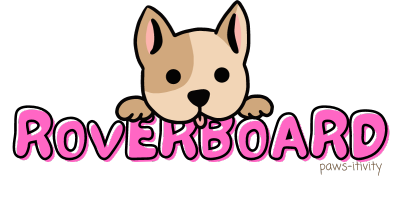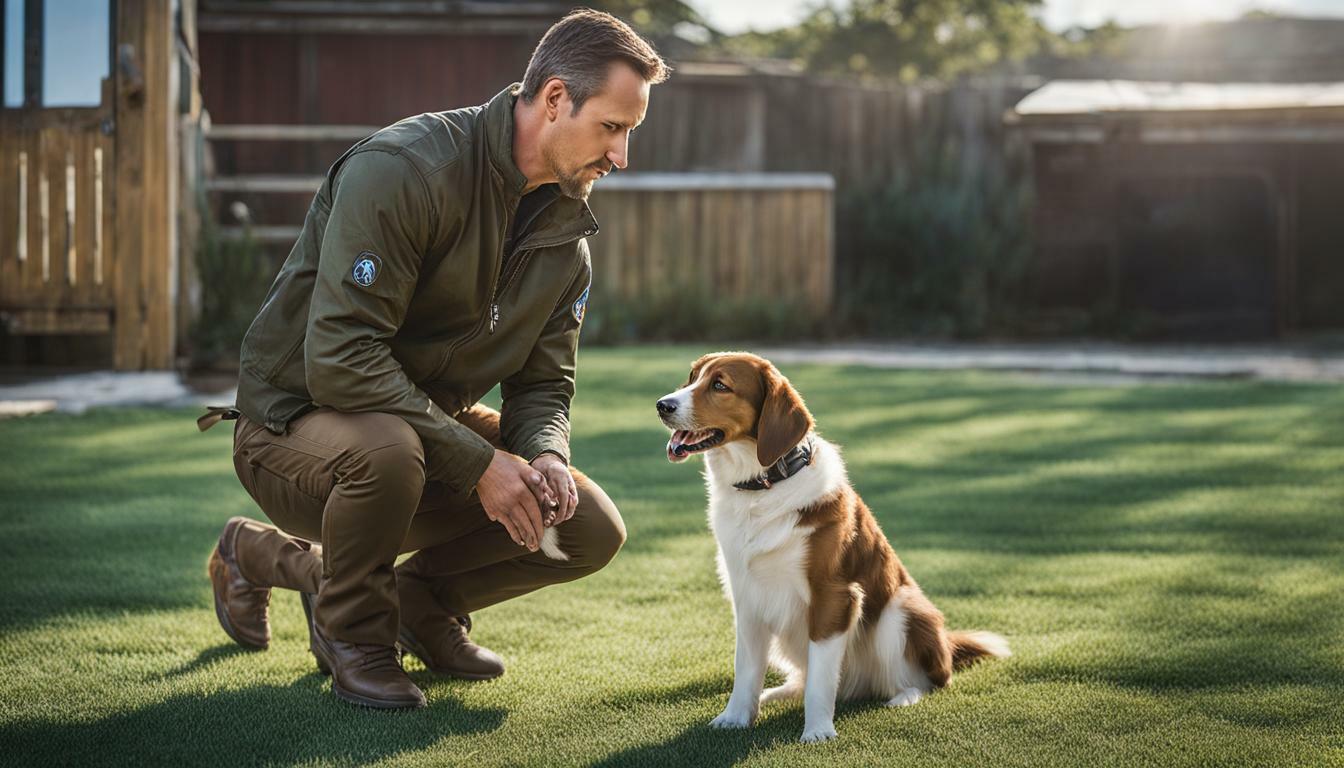Pitbulls are a widely misunderstood breed, often portrayed as aggressive and dangerous. However, this stereotype couldn’t be further from the truth. In reality, Pitbulls are loving, loyal, and highly trainable dogs that can make excellent companions and family pets. In this blog post, we’ll explore the true nature of Pitbulls, dispel common myths surrounding the breed, and offer advice on responsible ownership, training, and care.
The Origins of Pitbulls
To understand the Pitbull breed, it’s important to know its origins. The term “Pit Bull” is a general term that encompasses several breeds, including the American Pitbull Terrier, American Staffordshire Terrier, and Staffordshire Bull Terrier. These breeds were originally developed in the 19th century in England for bull-baiting and dogfighting. However, when these cruel sports were outlawed, the breed’s focus shifted toward farm work and family companionship.
Pitbulls as Family Dogs
Pitbulls have a natural affinity for people and are known for their loyalty and affection. They form strong bonds with their family members and are often eager to please, making them highly trainable and obedient. With proper socialization and training, Pitbulls can make excellent family pets and are known to be gentle and loving with children.
Despite their muscular appearance, Pitbulls are also known for their “nanny dog” reputation. Historically, they were trusted to watch over young children, and their protective instincts make them excellent guardians for their families. However, as with any dog breed, it is important to supervise interactions between dogs and young children and teach both the dog and child how to interact safely and respectfully.
Dispelling Common Myths
There are many misconceptions about Pitbulls that have led to their negative reputation. Let’s debunk some of these myths:
- Myth: Pitbulls are inherently aggressive. Fact: There is no scientific evidence to support the claim that Pitbulls are more aggressive than other breeds. Aggression in dogs can be attributed to various factors, such as poor training, abuse, or lack of socialization. When raised in a loving and responsible environment, Pitbulls are no more aggressive than any other breed.
- Myth: Pitbulls have “locking jaws.” Fact: This myth has been debunked by numerous studies and experts. Pitbulls, like all dogs, have powerful jaws, but there is no unique locking mechanism. Their jaw structure is no different from that of other breeds.
- Myth: Pitbulls are not good with other pets. Fact: With proper socialization and training, Pitbulls can coexist peacefully with other pets. However, as with any breed, it’s essential to monitor interactions and provide a controlled environment for introductions.
Responsible Pit Bull Ownership
Owning a Pitbull comes with a unique set of responsibilities. Here are some tips for being a responsible Pitbull owner:
- Early socialization and training – Expose your Pitbull to various people, animals, and environments from a young age. This will help them become well-adjusted and confident adults. Enroll in obedience classes and practice positive reinforcement training to ensure a well-mannered and obedient pet.
- Exercise and mental stimulation – Pitbulls are an energetic and intelligent breed. Provide regular exercise and mental stimulation through play, training, and puzzle toys to keep them happy and healthy.
- Proper containment – Ensure your yard is securely fenced, and always keep your Pitbull on a leash when in public areas. This not only protects your dog but also helps to combat negative stereotypes associated with the breed.
- Advocacy and education – As a Pitbull owner, you have a unique opportunity to be an advocate for the breed. Educate others about the true nature of Pit Bulls, dispel myths, and promote responsible ownership. Share positive stories and experiences to help change public perception and create a more accepting environment for these misunderstood dogs.
- Spay or neuter – Spaying or neutering your Pitbull not only has health benefits but also helps to prevent overpopulation and reduces the number of unwanted Pitbulls in shelters. Be a responsible pet owner and ensure your dog is spayed or neutered.
- Be prepared for breed-specific legislation (BSL) – Unfortunately, some cities and towns have enacted breed-specific legislation that targets Pitbulls and other “bully breeds.” Research the local laws in your area and be prepared to comply with any regulations. Advocating against BSL and promoting responsible ownership can help create a more accepting environment for Pitbulls.
The Power of Pitbull Therapy and Service Dogs
Pitbulls have been successfully trained as therapy and service dogs, proving that their intelligence, loyalty, and gentle nature make them suitable for a variety of roles. Therapy Pitbulls visit hospitals, nursing homes, and schools, providing comfort and companionship to those in need. Service Pitbulls assist individuals with disabilities, performing tasks such as mobility support, hearing assistance, and seizure alert.
Organizations such as Pits for Patriots and Pawsitivity Service Dogs are dedicated to training Pitbulls as service dogs for veterans, first responders, and individuals with disabilities. These programs not only save the lives of Pitbulls in shelters but also provide invaluable assistance and companionship to those in need.
Conclusion
Pitbulls are a loyal, intelligent, and loving breed that has been unfairly stigmatized due to misconceptions and irresponsible ownership. By educating others about the true nature of Pitbulls and promoting responsible ownership, we can help change the narrative surrounding these wonderful dogs.
If you’re considering adding a Pitbull to your family, visit your local shelter or rescue organization and give a deserving dog a chance at a loving home. With proper socialization, training, and care, Pit Bulls can make exceptional companions and cherished family members. Let’s work together to unleash the truth about these amazing dogs and create a more accepting world for them to thrive in.

Marissa Delotta, 36, from Dayton, Ohio, is the creative force behind Roverboard.com, a beloved online destination for dog lovers. As a dedicated mom and canine enthusiast, Marissa combines her family experiences with her love for dogs to offer a platform where dog owners can exchange tips, heartwarming stories, and advice. Her website has become a vibrant community for sharing the joys of dog parenting. In her free time, Marissa enjoys exploring dog parks with her family and volunteering at local animal shelters.





